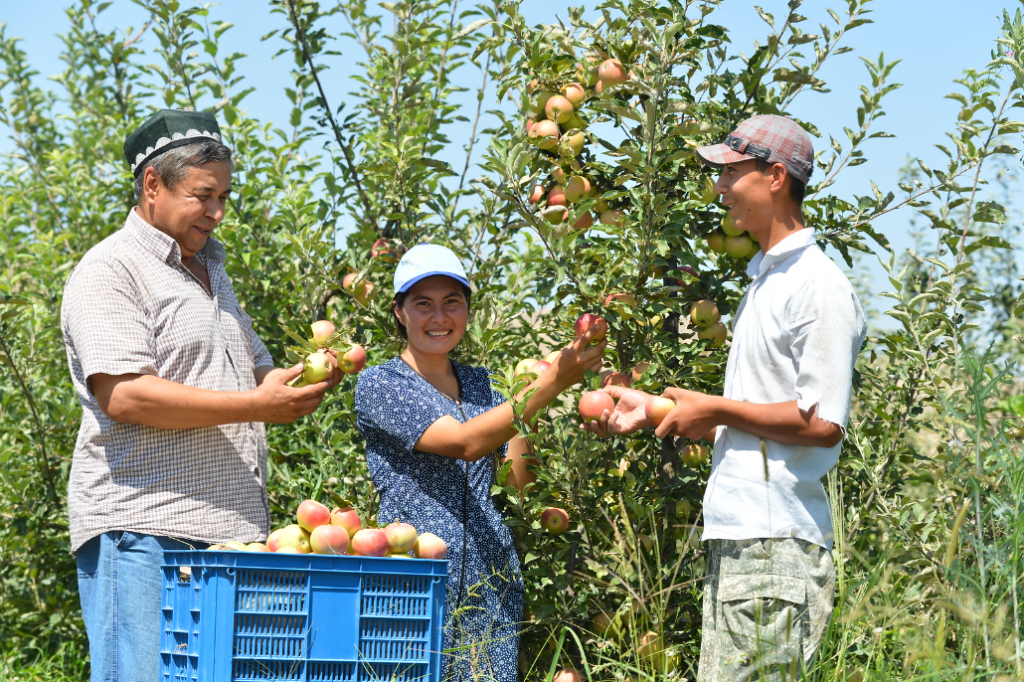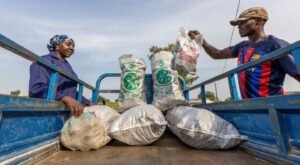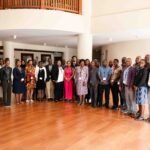By Panagrimedia Reporter, January 23, 2024, The UN’s International Fund for Agricultural Development (IFAD) is increasing its efforts to facilitate private sector engagement in rural development. By providing a US$2.5 million loan to Hamkorbank, a leading commercial bank in Uzbekistan, 1,500 low-income dairy and horticulture producers will be able to access micro-loans to increase their incomes and improve their livelihoods.
“When small-scale producers access finance, we see positive ripple effects. We are fighting poverty, boosting rural development and providing a wide array of economic opportunities where they are most needed,” said Laura Mattioli, IFAD Country Director, Uzbekistan.
“IFAD’s work is especially focused on supporting women and youth as they struggle to have equal access to productive assets. Approximately 30 per cent of the micro-financing will be loaned to women; and 30 per cent will be available to young adults under 30 years old,” added Mattioli.
The collaboration addresses access to finance, one of the challenges faced by many of the five million Uzbek rural households who rely on agriculture for their income. For small farms averaging 0.2 hectares, or Dehkans as they are known locally, financial support has historically been perceived as too risky by the few commercial banks operating in the national financial sector.
“We are honoured to partner with IFAD, aligning our efforts towards agricultural development, as the industry is growing exponentially in Uzbekistan. This support will empower low-income farmers, helping them scale up their businesses. It also reinforces Hamkorbank’s role as a reliable financial ally, fostering trust and loyalty among our clientele. We look forward to further collaboration to drive economic progress in Uzbekistan’s agriculture sector,” said Mr. Khan Alexander, Director, Foreign Economic Activities Department, Hamkorbank.
“With this first loan from IFAD to a private partner in the region, we aim to improve the income, food security and resilience of the rural poor and small-scale producers. Partnering with Hamkorbank is also a key step to demonstrate to the financial markets that supporting small-scale producers is sustainable,” said Thouraya Triki, Director, Sustainable Production, Markets and Institutions, IFAD.
A quarter of Uzbekistan’s GDP comes from the agriculture, forestry and fishing sectors, which also employ one in four workers. Half of Uzbekistan’s growing population, the largest in Central Asia, live in rural areas (about 18 million people), including 75 per cent of the lower income population.
With this loan, Hamkorbank will also support rural micro, small and medium-sized agribusinesses that provide valuable services, technology, and market access to Uzbek rural communities in the Andijan, Fergana, Jizzakh, Kashkadarya, Namangan, Samarkand and Surkhandarya regions.
IFAD’s loan builds on a previous investment of the UN Fund aimed to develop dairy value chains. Upcoming micro-loans will reach those dairy producers and organizations that need to scale up their investments including by purchasing cattle, equipment and feed inputs and by diversify their incomes by expanding to horticulture.
Finance to overcome other challenges
Although Uzbekistan has demonstrated resilient economic growth, overcoming global challenges, including the pandemic and declining remittances from Russia due to the war in Ukraine, small-scale farmers continue to face significant hurdles. They notably grapple with limited access to land and water for irrigation, further compounded by the lack of productive assets, infrastructure and energy.
Additionally, Uzbekistan is significantly exposed to the climate crisis. The increased frequency and severity of extreme weather events is compounded by erratic precipitation and higher temperatures, reduced river runoff, and land degradation. Lack of access to modern technology and agricultural know-how also hampers small-scale food producers’ ability to cope with natural disasters and climatic challenges. Enhanced access to finance will be key to increasing their resilience to better withstand and quickly recover from the effects of climate change.
Since Uzbekistan joined IFAD in 2011, IFAD has provided funding for three projects focused on dehkan farmers and small-scale producers. IFAD’s support aims to sustainably increase rural prosperity and improve livelihoods through improved horticulture, the dairy value chain and agriculture modernization and diversification. Operations funded by IFAD integrate the sustainable use of natural resources and climate-resilient technologies. Highly concessional and blended term loans provided by IFAD in the country amount to US$135.86 million to date, attracting US$344.5 million in additional financing from national and international partners.







